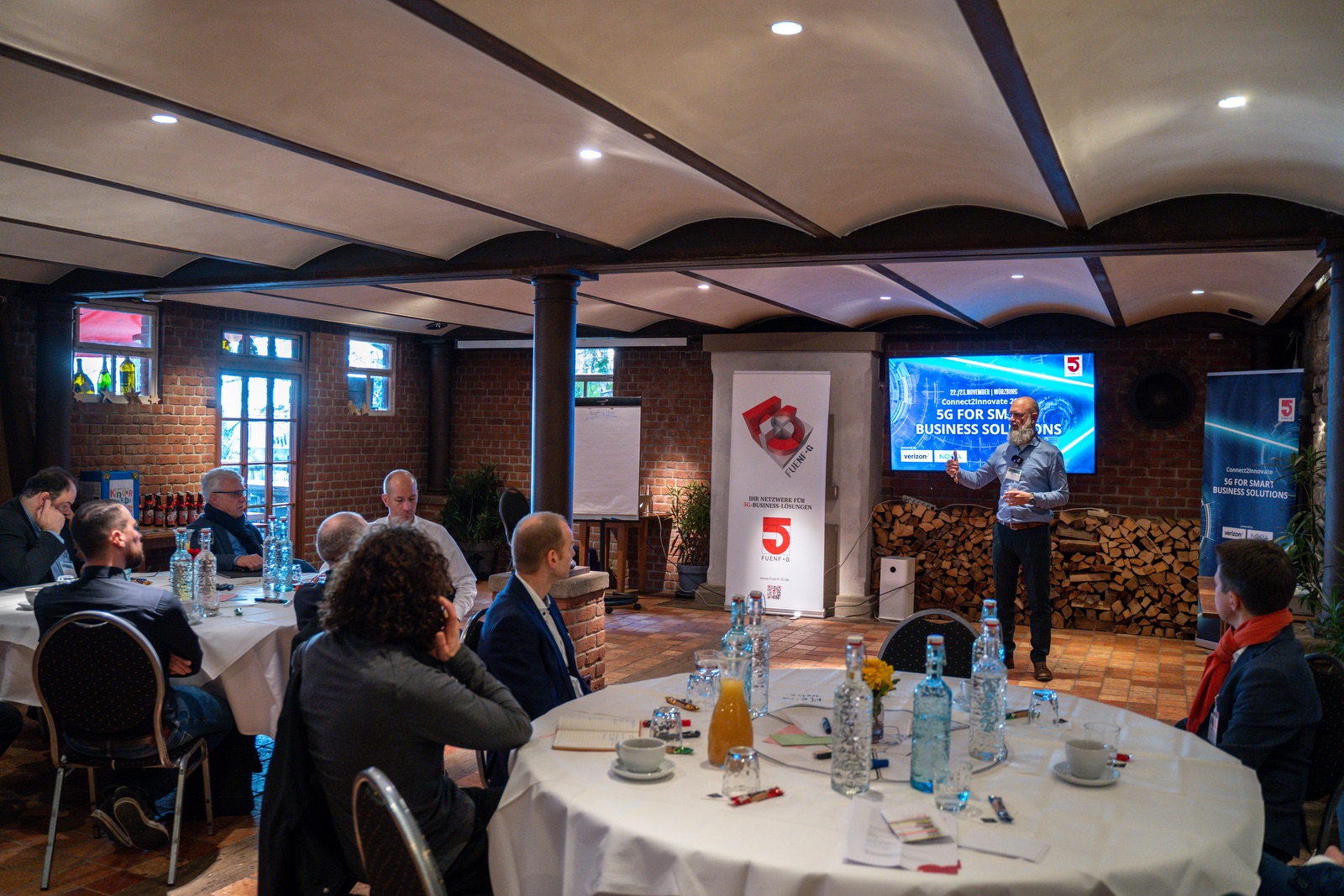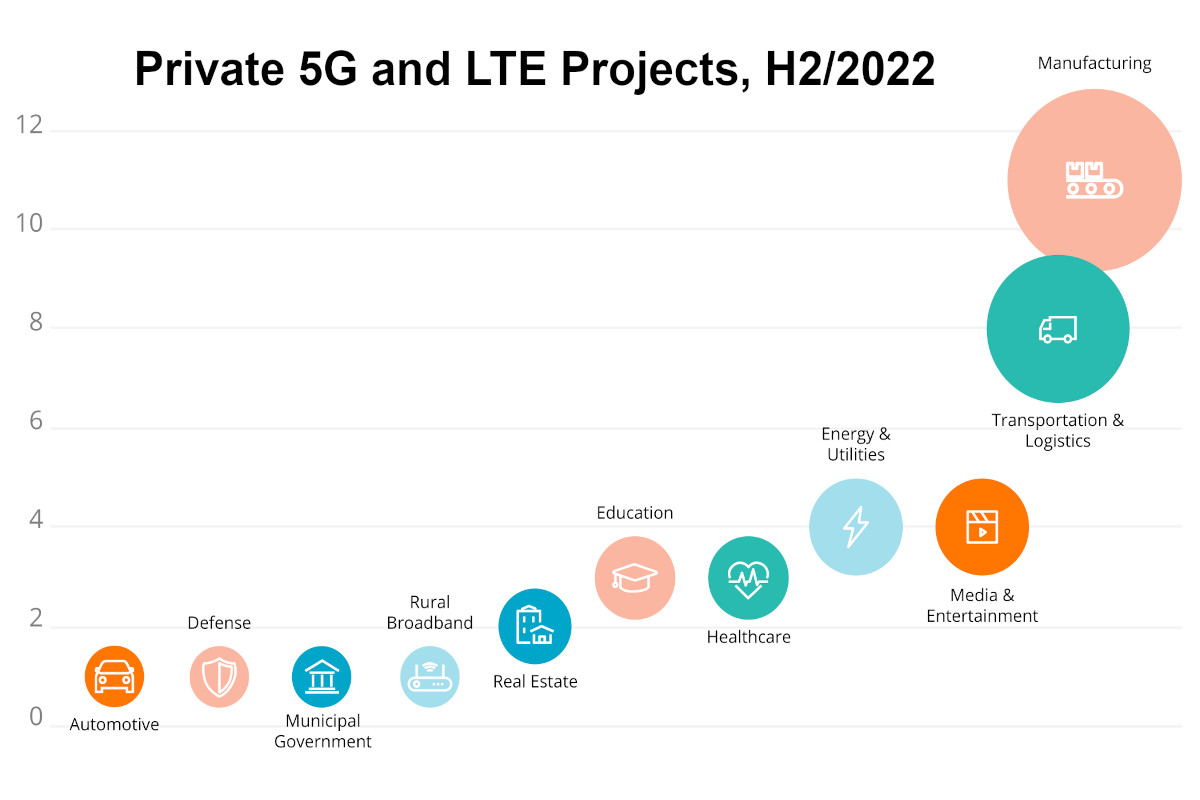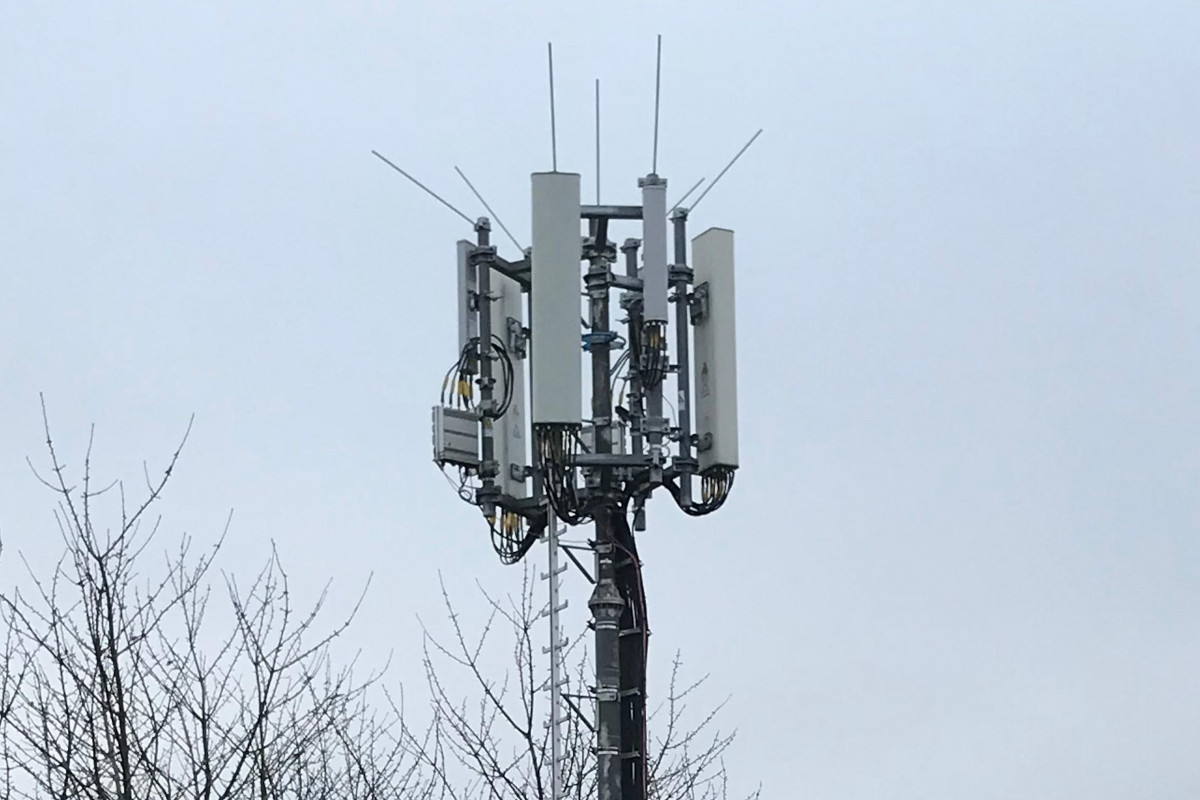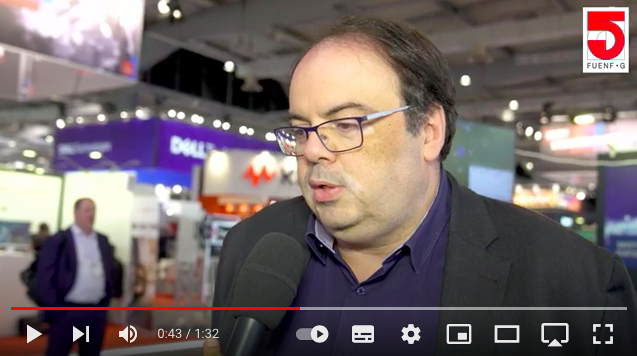The battle between Telefónica and 1&1 for the technical conditions of network access and an appropriate remuneration is fought with a hard battle ( Image: kalhh, stux (Pixabay) / Composition: H. Jacob)
1&1 Drillisch is in a clinch with Telefónica/O2 on the subject of network charges. Both in this case and in the question of national roaming, the future mobile communications provider has called the Federal Network Agency as mediator. Only superficially does the dispute revolve around price negotiations, in fact it is about the starting conditions of the fourth German mobile network – and these are also dependent on Deutsche Telekom and Vodafone.
When will the fourth German mobile network start? At least construction will not begin before 2021, as Ralph Dommermuth, who is also CEO of the virtual network operator 1&1 Drillisch and its parent company United Internet, made clear in March of this year. He said that concrete plans could only be made once the question of national roaming had been clarified. The negotiated conditions – in other words, which network 1&1 can use – would decide how the network would be planned and built.
Half a year later Dommermuth has now called the Federal Network Agency for help. It demands the negotiation requirement, which had been specified in the context of the 5G auction. The accusation against Deutsche Telekom and Vodafone: they would delay the negotiations. The BNetzA should therefore act as mediator.
Background: Partners and competitors
But Dommermuth is also fighting with Telefónica, again with the help of the BNetzA, for access to an existing network. The main issues here are the price of the preliminaries that have already been booked and technical questions of access that affect the availability and bandwidth of 1&1 customers.
If you want to understand the current tariff dispute between Telefónica and the United Internet subsidiary 1&1, you have to look back a few years. In 2014 Telefónica took over its competitor e-Plus to merge it with its subsidiary O2. Although the EU approved the merger under merger control, it was only approved subject to conditions – which, incidentally, were offered by O2’s parent company itself. These included that Telefónica sell up to 30 percent of the network to one or more (up to three) virtual mobile network operators (MVNOs). Subsequently, 1&1 was awarded the contract.
This created the prerequisites for participation in the 5G frequency auction last year, because 1&1 is counting on being able to use national roaming quickly and easily via this channel to ensure nationwide network coverage for its own customers. No one would switch to a mobile network operator that is only present in a few cities, at least in the first few years of network development, but cannot establish a connection outside its coverage areas.
Politically intended Situation
The EU Commission expressly wanted a wireless services marketer like 1&1 Drillisch to stand up to the providers and gain a strong position so that it could rise from a virtual to a real network operator. It interfered in the price development, among other things, in order to secure this goal: It deliberately made it a condition that the MVNO must buy more capacity than it needs for its existing customer base. This was intended to force him to use aggressive prices to fuel competition and expand his market share.
At the same time, the cartel guards ensured technical competitiveness: “The MVNO(s) in Germany will actually have access to all current and future technologies and speed classes for mobile data transmission that Telefónica is currently offering and will continue to offer in the future,” according to the approval decision of the EU Commission.
On the other hand, 1&1 has to contribute to the rising network costs of its contractual partner. Finally, the MVNO also benefits from the expansion of the LTE network in recent years. 1&1 had complained in vain against a price increase in September 2017. However, the arbitrator rejected the next increase, dated December 2018: The claimed price increase in the period under review from 2016 to 2020 – Telefónica had demanded an additional payment of 64 million euros – was therefore completely unjustified. Now another case is still open. As long as this is not concluded, the roaming issue between the two will not be resolved.
Clarification and network start uncertain
Not only for this reason, but also because the networks of Deutsche Telekom and Vodafone are more powerful, 1&1 boss Dommermut initiated parallel negotiations with these companies on national roaming. But here too, success has not yet been achieved.
The arbitration procedure now being pursued will certainly take some time. Accordingly, it is simply not possible to predict when the fourth network operator will be able to start construction and finally put its network into operation.









Leave A Comment